| 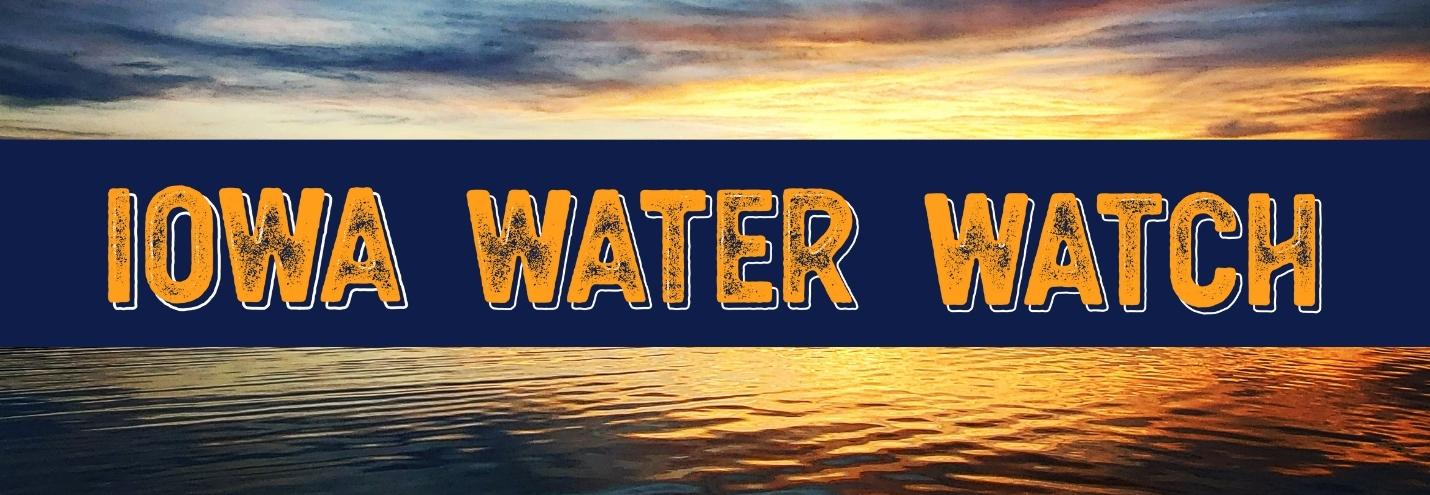 | Do You Recreate in Iowa’s Waters? |
| In this month's lead story, Lyndy Holt shares results from her Master's work with the University of Iowa's Healthy Lakes Initiative. Iowa Water Watch readers were invited to participate in the Iowa Water Recreation Survey in the April 2023 newsletter. In 2023, as a part of the Iowa Healthy Lakes Initiative (IHLI), the Iowa Water Recreation Survey (IWRS) was shared online to collect data on recreators throughout Iowa. The survey aimed to gain a better understanding of what Iowans know about harmful algal blooms (HABs) and their potential toxic effects. Additionally, the IWRS assessed behavior in response to a HAB and the effectiveness of current risk communication methods. Dispersed to a wide network, the IWRS was shared with university students, faculty, and staff, non-profits, public health departments, conservation groups, and recreational clubs through social media, newsletters, flyers, email blasts, and word-of-mouth. Key Findings - An increased awareness of the negative health effects associated with HAB exposure, as compared to similar surveys in Iowa (Center for Agricultural and Rural Development, 2021).
- Recreation, particularly water-based, is important to Iowans, although a majority expressed concern regarding the quality of water resources in the state.
- Communication preferences are largely similar to current systems, with an emphasis on signage and increased use of social media.
Respondents were concentrated in Iowa’s urban centers. The average respondent was most likely to be female, holding an advanced degree, and working in healthcare. The demographic bias reflects the researcher’s network and the target audience, those who recreate in Iowa lakes as they would be the most likely group of people to be exposed. Additional effort needs to be made to reach underrepresented groups that may have a high likelihood of exposure or be more likely to utilize resources at a state park. So, Can I Go Swimming? Only 2.8% of land in Iowa is public, ranking 47th compared to the other states. Despite this, Iowans place a large value on recreation; $1 billion in direct spending is generated from visits to Iowa lakes each year (Iowa Lakes Valuation Project, 2019). - Predominantly, Iowans are utilizing the recreational areas available to them, visiting at least twice a year. Many visit monthly or even weekly.
- Most people engage in activities like hiking, swimming, walking their dog, or bird watching and are often near the water, if not in it.
Interested in learning more? Read Lyndy's complete findings on our website at the link below. |
| |
|
| | 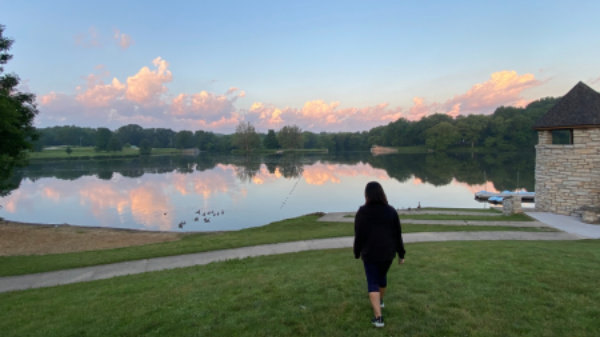 | 2024 Impaired Waters assessment lists more than 50% of tested waters Last month, the Iowa Department of Natural Resources released the 2024 Impaired Waters Assessment. Under the Clean Water Act, the assessment is required to be conducted every other year and submitted to the EPA. Iowa has 576 water body segments on its 2024 draft list of impaired waters. More than half of Iowa’s assessed streams and rivers had impairments and 63% of lake or reservoir segments were impaired in the new draft list. IEC has submitted comments to the DNR on the Impaired Waters List, with special focus on Iowa's outstanding waters and recreational lakes and beaches. The DNR will continue to accept public comments through April 12 at IRcomments@dnr.iowa.gov. We encourage you to submit comments on your local waterways or based on IEC's comment document. |
|
|
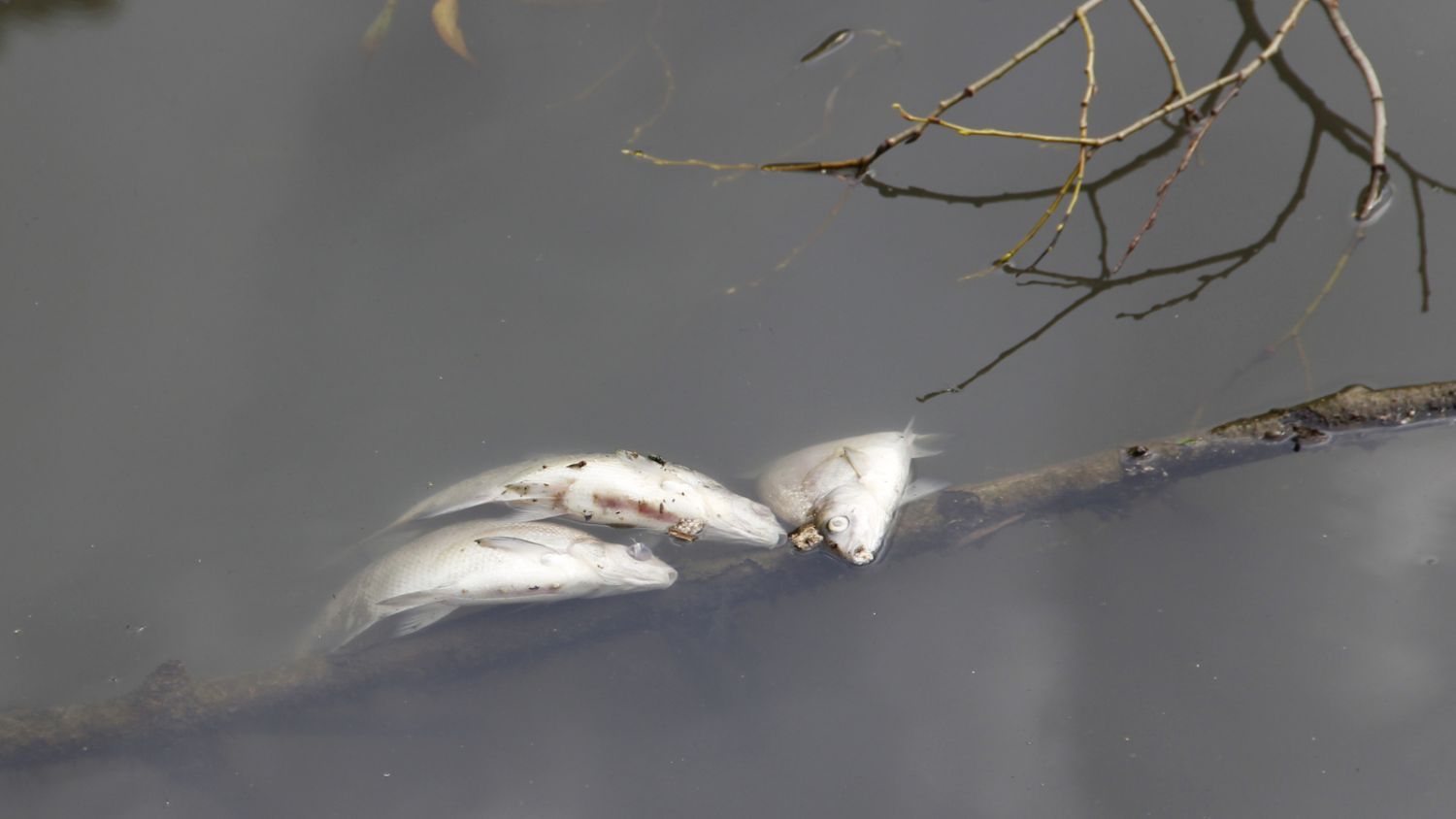 | The true scope of the Nishnabotna fertilizer spill On March 11, the Iowa DNR learned that approximately 265,000 gallons of liquid nitrogen fertilizer was discharged into a drainage ditch leading to East Nishnabotna River, eventually reaching all the way to the Missouri River. The spill is now estimated to have killed 750,000 fish in Iowa - nearly all the fish in a 60-mile stretch of river - making it the largest fish kill event in over a decade. The toxic river also killed mussels, snakes, and frogs and the DNR will watch for turtle impacts, as they were hibernating in the river bottom during the spill. It is also presenting harm to other wildlife, including ducks, pheasants, coyotes, deer, and more.
Due to this extensive fertilizer spill, the DNR is encouraging private well owners in Montgomery, Page, and Fremont counties to test their wells for nitrate. Alicia Vasto, Water Program Director at IEC, wrote a guest column on the magnitude of the Nishnabotna fish kill. |
|
|
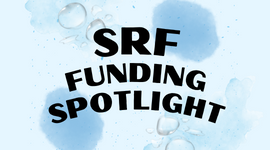 | SRF Funding Spotlight: Humboldt wastewater upgrades Iowa’s State Revolving Fund (SRF) is administered by the Iowa Department of Natural Resources (IDNR) and the Iowa Finance Authority (IFA) to provide low-interest loans for water infrastructure projects, which are largely funded by the Bipartisan Infrastructure Law (BIL). In northwest Iowa, the City of Humboldt qualified for $1.7 million in BIL funding to help upgrade the town’s wastewater treatment system and protect their community and nearby waterways from agricultural runoff and nutrient pollution. More than half of this investment, $1 million, is available to Humboldt through forgivable loans. Surrounded by agricultural fields and livestock farms, Humboldt sits on the West Branch of the Des Moines River. The upgraded wastewater treatment facility will better remove nitrogen and phosphorus, keeping the river clean for downstream residents and protecting the watershed at large. Learn more about the project and its BIL funding here. |
|
|
| | Participate in Iowa's Earth Day activities! Earth Day is on Monday, April 22! Come celebrate with communities, nonprofit organizations, faith groups, and many others as they host events across Iowa. IEC has compiled a list of these events - please note this list is continuously being updated. Many of these events take place between April 20 through April 22, although we encourage you to celebrate all month long! If you know of an event not listed here, please encourage organizers to send it to us at iecmail@iaenvironment.org. |
|
|
| | | Upcoming water events:
• Earth Month Art Build - Des Moines, 4/9
• SRF - Lead Service Line Funding Webinar - Virtual, 4/10
• Rainscape Your Yard for Soil and Water Health - Des Moines, 4/16
• Museum X: Source of the Mississippi River to Dubuque by Canoe - Dubuque, 4/17
• 2024 Earth Day Events - Statewide, 4/20 - 4/22
• EcoFest at Hubbell Community Garden - Des Moines, 4/23
• SRAP Live: Building a Socially Responsible Food Future - Virtual, 4/24 - 4/25
• Soloing the Mississippi River - Virtual, 4/25
• Save Our Streams Training - Cedar Rapids, 4/27
• Black Agriculture & Farming Series: The African Origins of Agriculture - Waterloo, 4/28
• Clean Water Webinar: Engaging with America’s Clean Water Protections - Virtual, 4/30 |
|
|
| 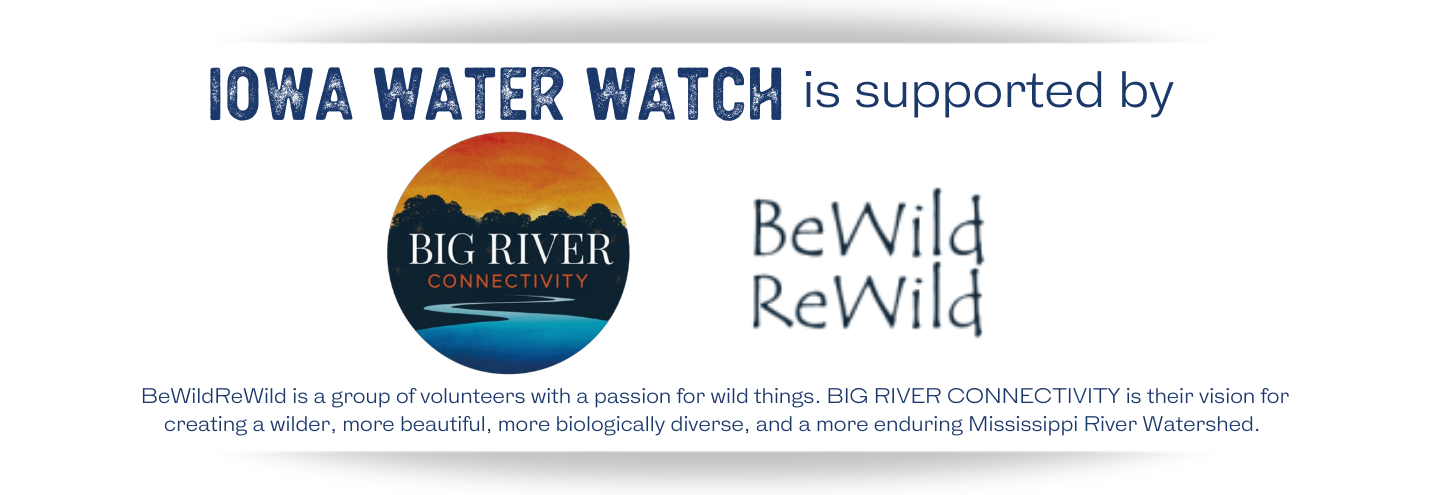 | | | Iowa Environmental Council
505 Fifth Ave., Suite 850
Des Moines, Iowa 50309-2317
515-244-1194 | iecmail@iaenvironment.org |
|
|
| Did a friend forward you this email?
Sign up to get IEC's Iowa Water Watch and other newsletters from the Iowa Environmental Council. |
|
|
|